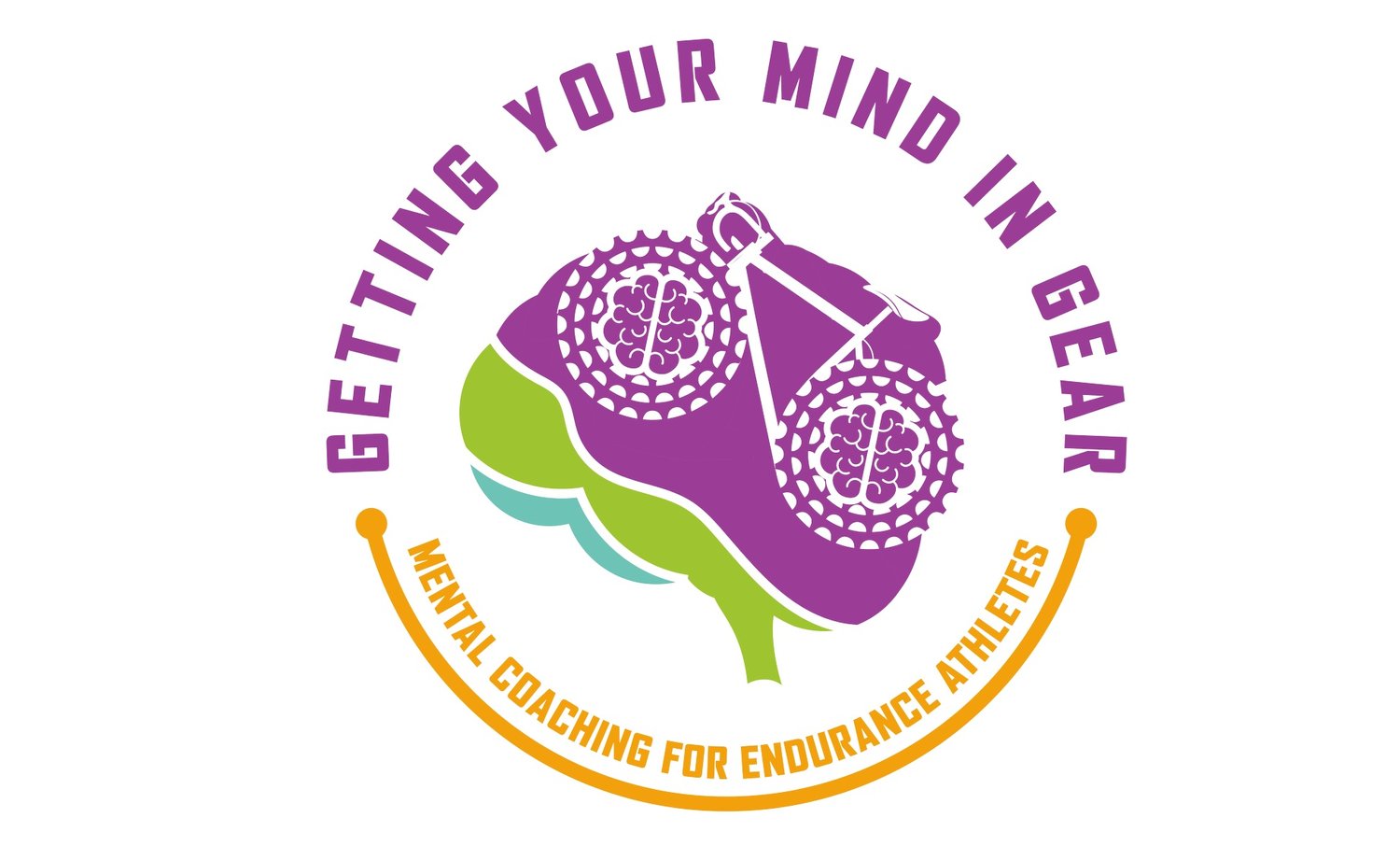Why mental coaching
Let’s get your mind in gear
It’s race day. It’s so early, even the sun isn’t fully up. You are in the start corral of this event that you have been training for over the past several months. You look around, the self doubt and race day jitters come pouring in. It feels like your heart will come pounding out of your chest. Every muscle in your body feels tense. You are bombarded with thoughts and questions “Can I do this? Am I ready? Did I pack the right nutrition? Do I have the right tires? Why does everybody look so fit? Oh no, I have to pee again!”
The gun goes off! The race starts. You start to move, the onslaught of doubt starts to ease. You settle into your pace. You find your groove. The weather takes a turn, the skies look dark in the direction you are heading, the wind picks up, you can see rain. The questions and anxiety return. “I hate rain! UGH! Headwind! What if I get blisters? What do I do if there’s lightning?” (I hid under a tent during a thunderstorm last year, not my brightest moment, standing under a tarp with metal poles in puddles of water, thankfully the aid station had burritos to snack on. I was wet and cold, but I was well fed!)
You made it through the weather, the rain has moved on. Clear blue sunny skies return. You are about half way through the race, confidence has returned, but then you hit THAT hill. The one you saw on the course preview. As you are grinding up the hill, the inner critic now takes a turn “You can’t do this! I told you this would be too hard for you. What made you think you could actually finish this race.” You crest that hill and find the joy of the other side.
You are now in the last part of the race. Your legs are screaming, parts of your body hurt that you never even knew you had. You have to push a little more to get to the end, but again, your thoughts and emotions get in the way. You cross the finish line! You finished! Your emotions quickly turn to excitement and relief. What a rollercoaster of an emotional day.
Race day jitters, self doubt, inner critic, mental exhaustion and decision fatigue can ruin a good race. Decision fatigue can especially hurt our day out on course, it leads to brain fog, and slow and poor decision making. Making bad decisions is the last thing we want to do in a race we have prepared for, traveled to and paid for. In the worst case scenario, poor decision making can lead to accidents and injuries.
I have heard athletes say “everybody feels this way.” Yes, everybody goes through low moments, what separates people’s experiences is how often these moments happen and how they deal with these times. Do these moments last just a few moments, or do they lead to longer suffering?
Training the mental side of the game eases those pressures. It helps decrease or even eliminate several small decisions we make on race day. It can make training, races and even challenging situations in life easier. Increasing our awareness of our thoughts and emotions gives us better control over them. Practicing the skills makes them easier to use when needed. Using the tools and skills helps to free up space for other decision making.
Goal setting, motivation, focus, visualization, self talk, emotional regulation, flexibility and other skills all are vital in endurance sports. All can be taught and developed. Working with a mental skills coach will help build those and other skills. You spend a great deal of time and money training and racing. You hope to show up on race day in peak form. Why not feel as strong mentally as you feel physically.
What can a mental coach do for you? Help you perform better, race better and overall feel better.
